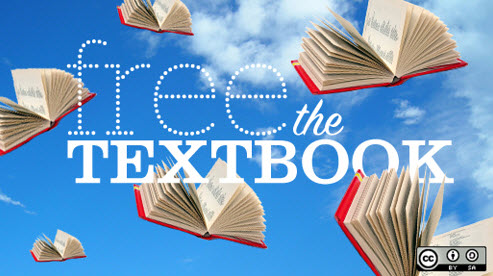Middle Georgia State Gets More Grants to Reduce Textbook Costs
Author: News Bureau
Posted: Wednesday, November 4, 2015 2:21 PM
Categories:
Pressroom | Faculty/Staff | College of Arts and Sciences
Macon, GA

The University was awarded a $10,800 grant from Affordable Learning Georgia to help two faculty members, Dr. Edwynn Wallace and Dr. Malev Shah, completely redesign their Physics I and II courses to accommodate no-fee textbooks available through OpenStax. The courses using the free materials will be offered beginning summer semester 2016 and save students an estimated total of about $105,000 a year. Specialized science textbooks can cost upwards of $500 each.
“Our ongoing goal is to reduce expenses for Middle Georgia State students,” said Dr. Michael Gibbons, assistant professor of Sociology who serves as a faculty liaison to Affordable Learning Georgia, an initiative of the University System to promote student success by providing affordable textbook alternatives. “We are doing what we can to make sure anyone admitted to the University doesn’t end up dropping out because of book costs.”
In addition to the latest Affordable Learning Georgia grant for the University, Dr. Christopher Lawrence, assistant professor of Political Science, received an Open Education Resource Fellowship worth $1,500 to attend conferences that provide training in developing open-source textbooks and other materials for college courses.
Middle Georgia State has won Affordable Learning Georgia grants before.
Since 2014, the initiative has awarded grants totaling $77,000 to 11 faculty members to redesign courses around open-source materials. The total combined savings to students per year is about $264,000.
Besides reducing textbook costs, Affordable Learning Georgia is enhancing GALILEO, Georgia’s Virtual Library. The Affordable Learning Georgia Textbook Transformation grants are intended to pilot different approaches in USG courses for textbook transformation. Those approaches include adoption, adaptation and creation of Open Educational Resources (OER) and/or identification and adoption of materials already available in GALILEO and USG libraries.
For more information, contact Gibbons at michael.gibbons@mga.edu.
